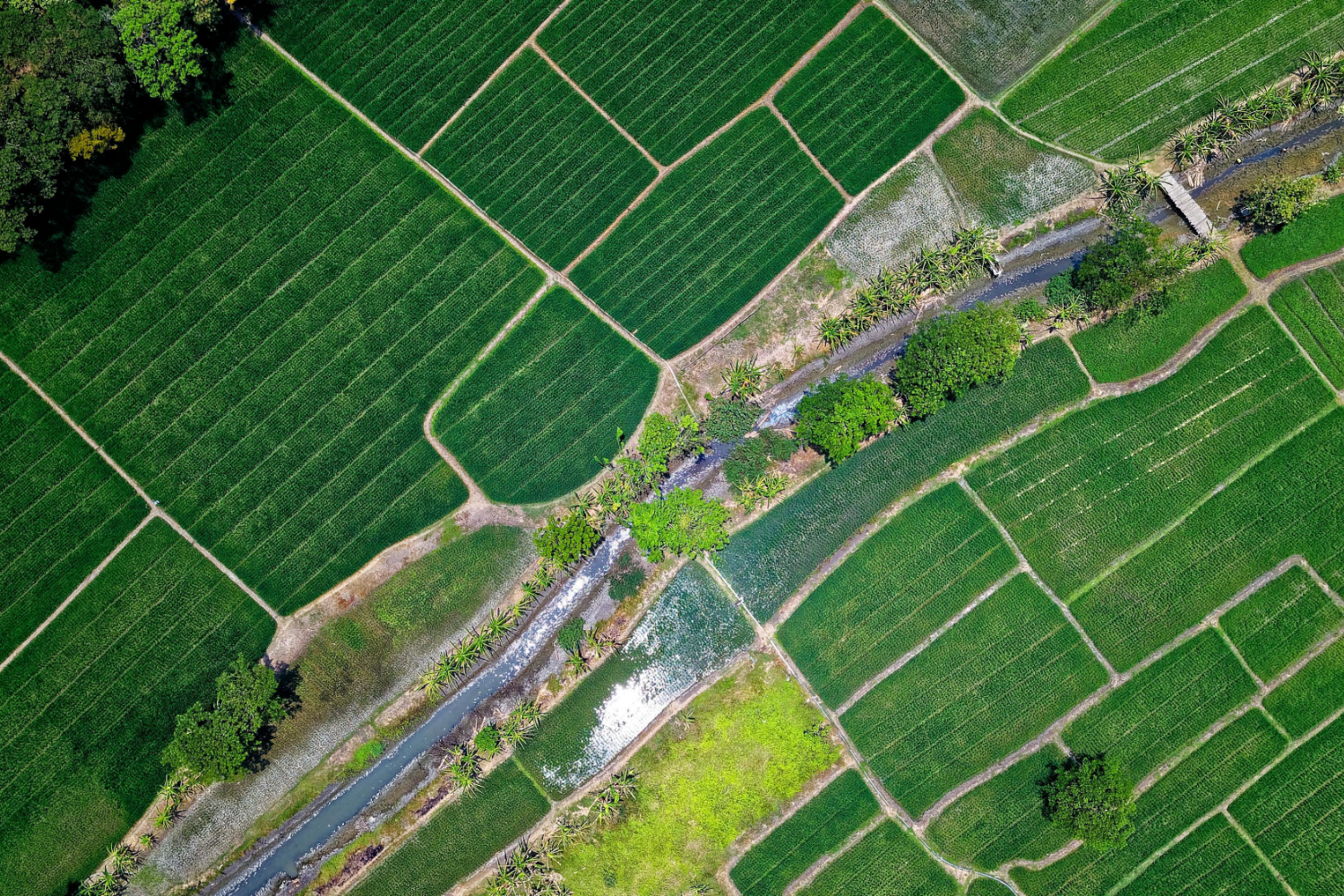The Farm Bill is the most significant legislation impacting agriculture, forestry, and food policy in the United States. The bill sets the direction for food production, agricultural support, environmental conservation, and more. However, major provisions of the Farm Bill totaling $60 billion, in addition to drastic Supplemental Nutrition Assistance Program (SNAP) food assistance cuts, have been shoehorned into the ongoing reconciliation package, a process that allows legislation to pass the Senate with a simple majority, avoiding a filibuster. This risks sidelining other critical provisions of the Farm Bill, threatening the chances of passing a robust and comprehensive Farm Bill fit to meet the challenges ahead. Amidst these threats, Carbon180 is renewing our commitment to advocating for policies that prioritize soil and ecosystem health to deliver the full potential of carbon sequestration while responding to the needs of farmers, ranchers, foresters, and communities across the United States.
The Farm Bill is supposed to be renewed every five years. Yet the last Farm Bill was authorized in 2018. For nearly seven years, producers have been left operating under outdated policies, programs, and funding, all while challenges to domestic producers have only increased.
Through our Farm Bill campaign, Carbon180 is working to secure a full, five-year bipartisan bill that meets the urgency of this moment and invests in long-term soil and ecosystem health, funds foundational research, and expands support for producers implementing climate-smart practices. We are building a coalition of producers, researchers, advocates, and policymakers to ensure the needs of land stewards are reflected in the final Farm Bill text.
Our current priorities fall into two key pillars:
- Invest in land-based carbon removal research
- Expand land steward access to federal programs
A comprehensive research agenda
Effective climate policy must be grounded in rigorous, producer-focused science. To unlock the full potential of natural carbon sinks, we advocate for increased federal investment in land-based CDR research, particularly in monitoring, reporting, and verification (MRV) of natural carbon sinks:
- Soil Carbon: Soil carbon measurements remain inconsistent and unreliable. We’re pushing for federal coordination to establish robust MRV standards, fund a long-term national inventory network, and deliver tools that help producers make informed, climate-resilient decisions.
- Forest Carbon: Currently, the metrics used by the US Forest Service to monitor the progress of forest management activities are primarily output-based, namely, the number of acres treated and timber volume sold (aka ‘board feet’). Shifting away from output-based metrics to outcome-based metrics is a better way to measure success because it allows us to study and measure the impacts of forest management activities. Tracking changes in outcomes such as resilience, forest and ecosystem health, restored habitat, and other related values is key to helping us understand if management decisions are having the desired effect.
Federal programs that meet producer needs
To turn research into measurable outcomes, land stewards need the tools, incentives, and capacity to adopt practices that conserve, sustain, and restore agricultural and forestlands at scale. Carbon180 is championing efforts to improve the experiences of land stewards as they implement new practices by expanding access to these programs.
- Facilitating locally-led action: States, Tribes, and community-based organizations are best positioned to drive effective, place-based solutions. We call for increased federal funding and flexibility to empower local entities to lead voluntary, community-driven conservation efforts
- Agroforestry implementation: Agroforestry systems offer powerful carbon and conservation benefits, yet current federal programs often overlook or exclude them. To increase successful adoption of agroforestry, we support reforms that expand eligibility of federal programs to include agroforestry practices. Combined with improved technical assistance, this support can make agroforestry systems more widely accessible to producers across the US.
- Forest Conservation: In order to conserve our country’s forests, particularly those stewarded on private land, landowners and managers need access to federal conservation programs that offer financial support and technical assistance. Currently, demand far outpaces the amount of funding. We support expanding these programs so that all land managers can participate.
- Increased Tree Planting: The need for tree planting in urban and community settings and across state and national forests is continuously high. In the case of urban and community settings, the need for tree planting far outpaces current funding levels. Increasing the tree canopy in urban settings can lower rising temperatures and offset the urban heat island effect. In state and national forests, severe disturbance events, such as wildfire, often necessitate reforestation and soil rehabilitation. Additionally, many rural areas across the country where forests used to occur are ripe for reforestation. These include landscapes like floodplains, streamsides, farmland with challenging soils, and more. While ample funding is available for reforestation on federal lands, implementation has been hampered by limited workforce availability, nursery capacity, and knowledge gaps. Surveys to understand suitability of land for replanting and/or natural regeneration are needed to help prioritize limited resources.
By advancing research and implementation, we can build stronger and more resilient agricultural and forestry systems that benefit farmers, ranchers, foresters, rural and urban communities, and the environment alike. Passing a comprehensive, bipartisan Farm Bill is critical to addressing climate challenges and equipping future generations to steward our lands.
Edited by Ana Little-Saña. Image by Tom Fisk.

